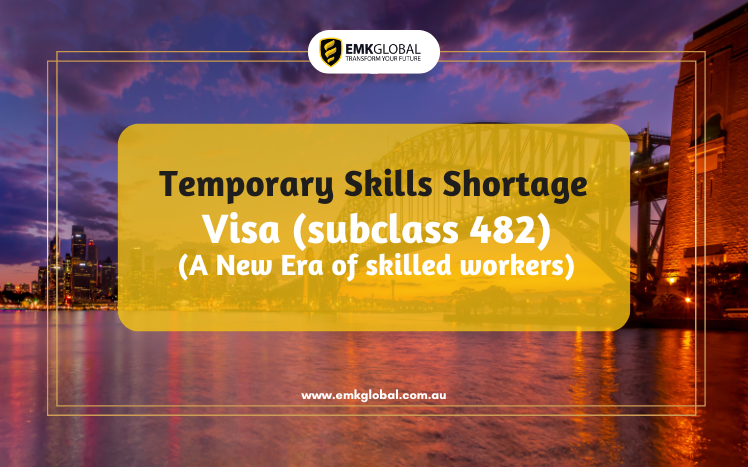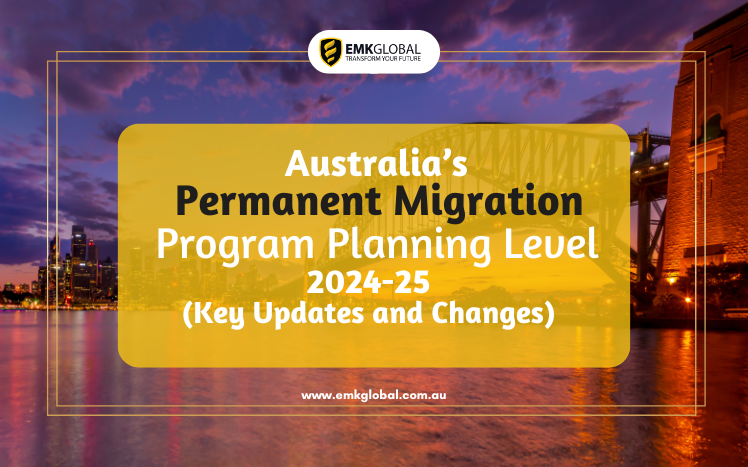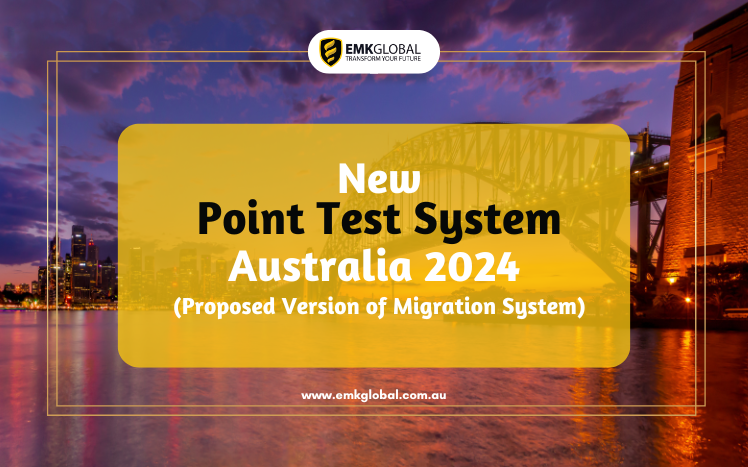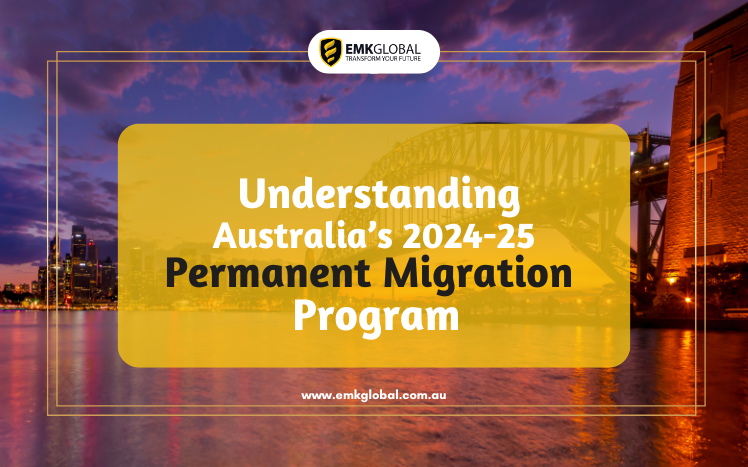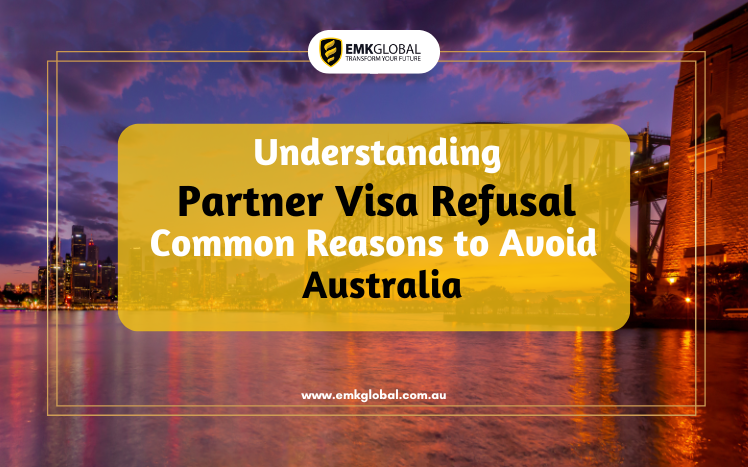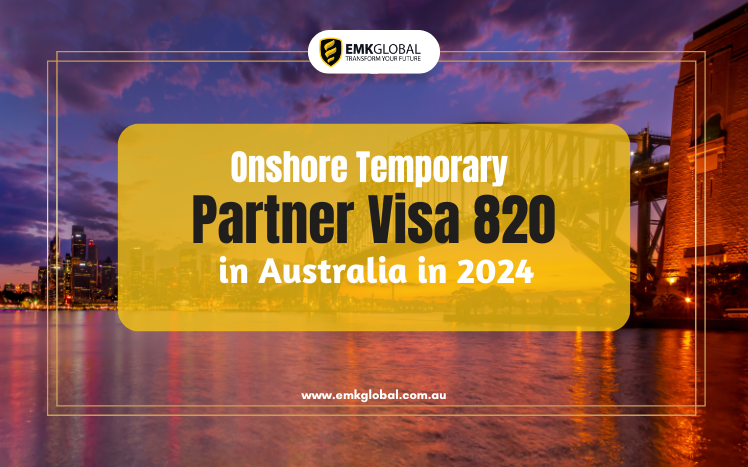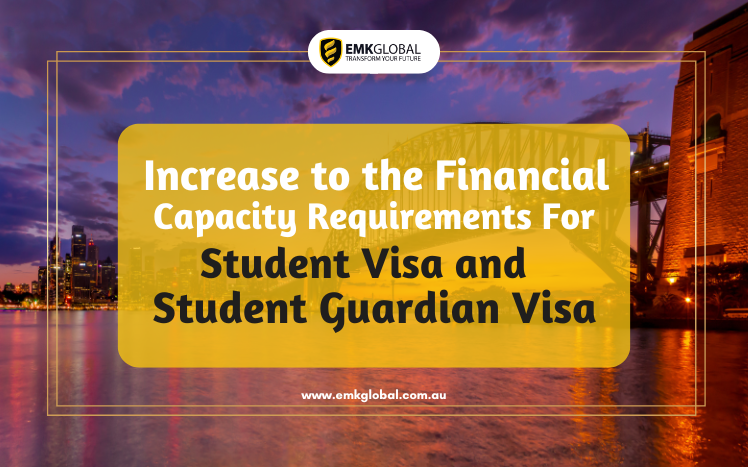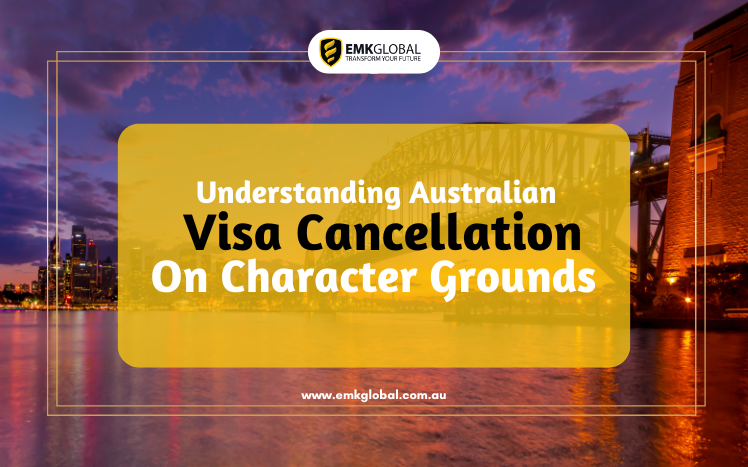Headline: Federal Budget 2024–25: Five Key Immigration Takeaways with Major Updates to the Temporary Skills Shortage Visa (Subclass 482)
The Australian Federal Budget for 2024–2025 has introduced significant immigration reforms, prominently featuring the Temporary Skills Shortage Visa (subclass 482). These changes mark a pivotal shift in how Australia attracts and retains skilled workers globally.
Key Updates to the Temporary Skills Shortage Visa (Subclass 482)
The recent updates by the Australian Government aim to streamline the process for skilled workers to live and work in Australia, addressing critical skill shortages. Notably, from November 23, 2024, the work experience requirement for the 482 visa will be reduced from two years to one year.
Federal Budget 2024–2025: Immigration Reforms
The 2024–2025 Federal Budget outlines substantial plans for revenue and expenditure, including several key immigration reforms. These updates to the Temporary Skills Shortage Visa (subclass 482) are designed to simplify the process for international skilled workers to bring their expertise to Australia.
Key Changes in the Australian Temporary Skills Shortage Visa (Subclass 482)
On December 11, 2023, the Australian Government unveiled its Migration Strategy, detailing eight significant reforms targeting temporary skilled migration and the education sector. The following are the five key changes introduced:
- Introduction of the Skills in Demand Visa
- The 482 visa will be replaced by the new “Skills in Demand” visa, as part of a broader 10-year migration strategy. This new visa aims to better align the intake of skilled migrants with Australia’s economic needs.
- Three Pathways Under the Skills in Demand Visa
- Tier 1: Specialist Skills Pathway
- For highly specialized skilled migrants, excluding trades, laborers, and machinery operators.
- Tier 2: Core Skills Pathway
- Designed to address Australia’s skill shortages, with estimated annual earnings between AUD 70,000 and AUD 135,000.
- Tier 3: Essential Skills Pathway
- Targets occupations facing skill shortages, with an annual salary of AUD 70,000.
- Tier 1: Specialist Skills Pathway
- Streamlined Application Process
- Effective November 23, 2024, the work experience requirement for the 482 visa will be reduced to one year. This change will make it easier for skilled workers to qualify for the visa.
- Increased Visa Allocations
- The 2024 Federal Budget plans for a generous allocation of 185,000 places for 2024–2025, with approximately 70% dedicated to the Skill stream, highlighting a significant update for the 482 visa.
- Permanent Residency Pathway
- By the end of 2023, all eligible subclass 482 visa holders will have a pathway to permanent residency, demonstrating the government’s commitment to retaining top talent.
- Enhanced Global Mobility
- The reforms will also improve visa availability and mobility for ASEAN member nations, focusing on long-validity business and frequent tourist visas, fostering greater international collaboration and corporate mobility.
A Closer Look at the 482 Visa Reforms
The latest reforms to the Temporary Skills Shortage Visa (subclass 482) reflect Australia’s ongoing commitment to attracting a diverse range of skilled migrants. Here are some of the significant changes:
- Shift to Skills in Demand Visa
- The subclass 482 visa will transition to the new “Skills in Demand” visa as part of a broader 10-year migration strategy, aligning skilled migrant intake with the needs of the Australian economy.
- Streamlined Application Process
- The work experience requirement will be reduced from two years to one year, effective November 23, 2024, making it easier for skilled workers to qualify for the visa.
- Increased Visa Allocations
- The 2024 Federal Budget includes a generous allocation of 185,000 places, with about 70% dedicated to the Skill stream, indicating a significant update for the 482 visa.
- Path to Permanent Residency
- By the end of 2023, all eligible subclass 482 visa holders will have a pathway to permanent residency, highlighting the government’s commitment to retaining top-skilled international workers.
- Enhanced Global Mobility
- The reforms will also improve visa availability and mobility for ASEAN member nations, fostering greater international collaboration and corporate mobility.
Conclusion
The overhaul of the Temporary Skills Shortage Visa (subclass 482) represents a strategic step by the Australian Government to position the country as a global hub for skilled migrants. These reforms aim to fill skill shortages, provide a clear pathway to permanent residency, and make Australia an attractive destination for international talent. Through these changes, Australia is expanding its workforce and promising a land of opportunity for skilled professionals worldwide.


